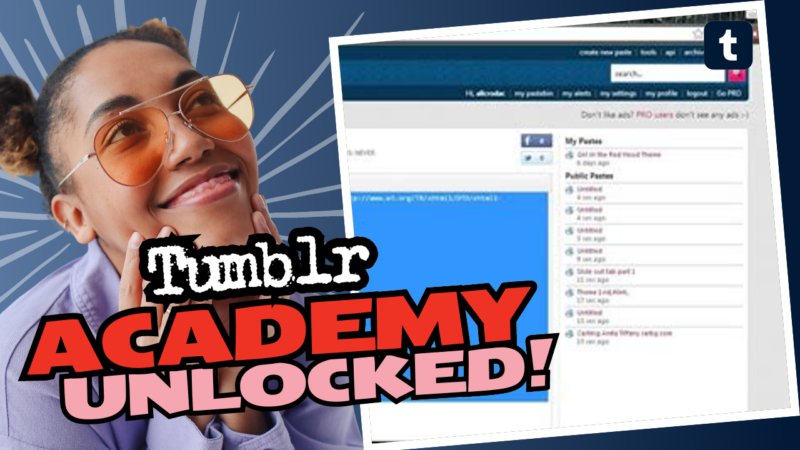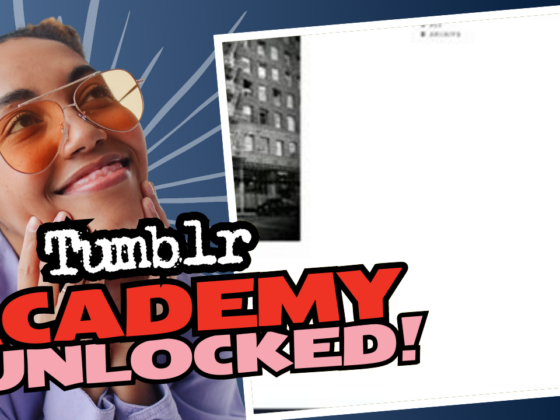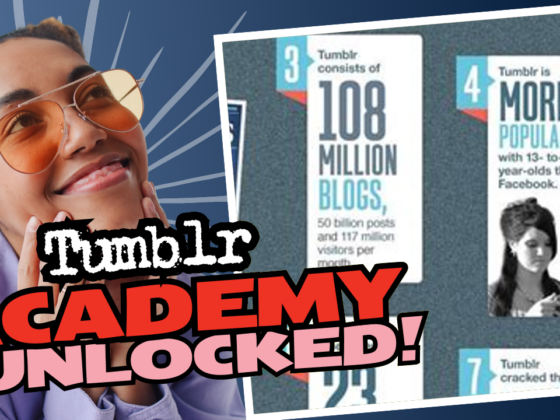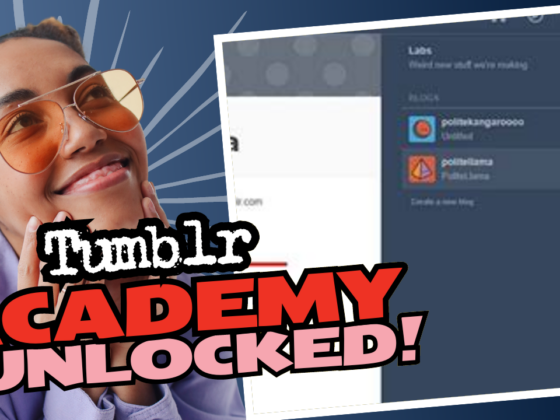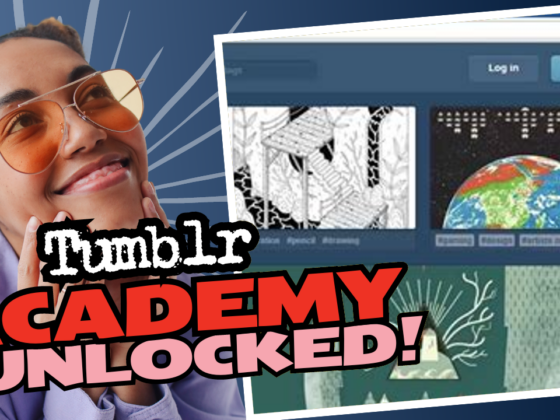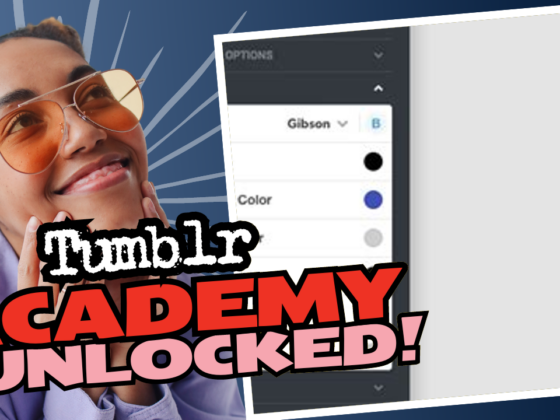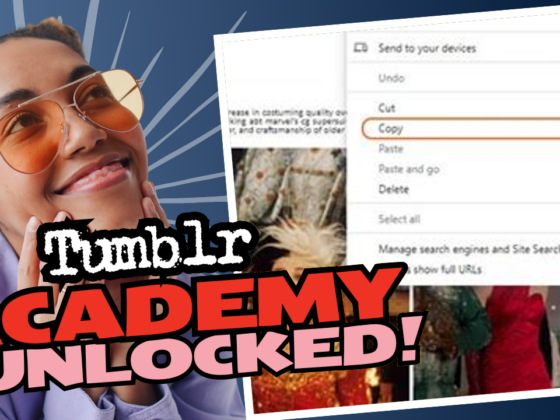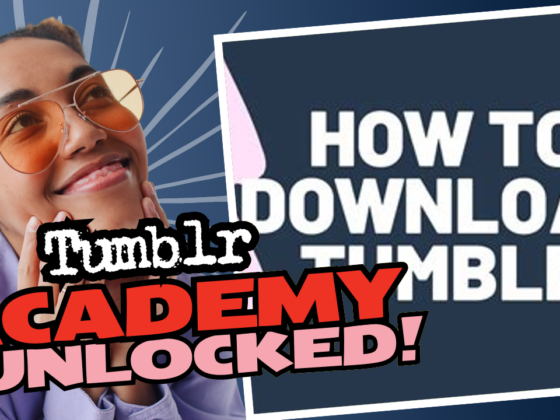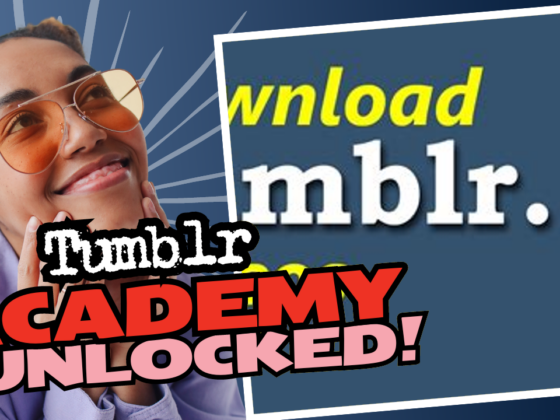Can Tumblr Source Code Work in Regular HTML? Let’s Dive In!
Ah, the magical and somewhat enigmatic world of Tumblr! You’re not alone if you’re pondering whether the Tumblr source code can seamlessly shimmy its way into regular HTML. Spoiler alert: it can, but only if you steer clear of the chaos that is blog themes.
Now, here’s the deal: most page themes operate without breaking a sweat. You can plug your custom page theme codes into platforms like Neocities, and voilà, it works like a charm! However, as soon as you dip your toes into the pool of full blog themes, you may find yourself flailing like a fish out of water. Why, you ask? Because blog themes are intricately designed to rely on Tumblr’s post blocks—that’s Tumblr’s secret sauce, folks.
So, what exactly does this mean for you? Well, let’s break it down:
- Custom Page Themes: You get the freedom to jazz up your page with a pinch of code and a dash of creativity. These bad boys are usually flexible enough to work well with other HTML hosting services.
- Blog Themes: If you thought you could export these beauties as is, think again! They come packed with post-specific code that only makes sense within the Tumblr environment, leading to potential compatibility issues.
Let’s Talk Code
Imagine you’ve got some code in front of you, and you spot things like <script type=’text/javascript’ src=’http://static.tumblr.com/m52lhg5/u9amoiddc/infinite.js’></script>. You might think, “Wow, this looks delightful!” But hang on! That’s just a tiny sample of Tumblr jungle when it comes to actual functionality. This code relies heavily on all the other Pinterest-worthy post blocks and info that only lives in air-conditioned Tumblr servers.
And what’s this nonsense about errors in the code? Yes, the elusive {block:IndexPage} can likely cause issues, as it ties your standard HTML code up in a riddle most folks don’t want to unravel. Did I mention it’s probably completely outdated and not even responsive? Forget about using it on your phone during your, ahem, productive mornings!
The Bottom Line
So, if you want your HTML to look fabulous and work effortlessly—stick with custom page themes! And by all means, if you’re feeling adventurous, dive into free, up-to-date standard themes that the Tumblr universe or other platforms offer—they’re the equivalent of a well-prepared pizza versus leftover spaghetti!
If you find yourself in a code conundrum or pondering how to make your Tumblr flair work outside its home turf, feel free to reach out and let us help you navigate the wild waters of code compatibility! We’re just a click away, ready to assist you in making sense of this digital quagmire.

